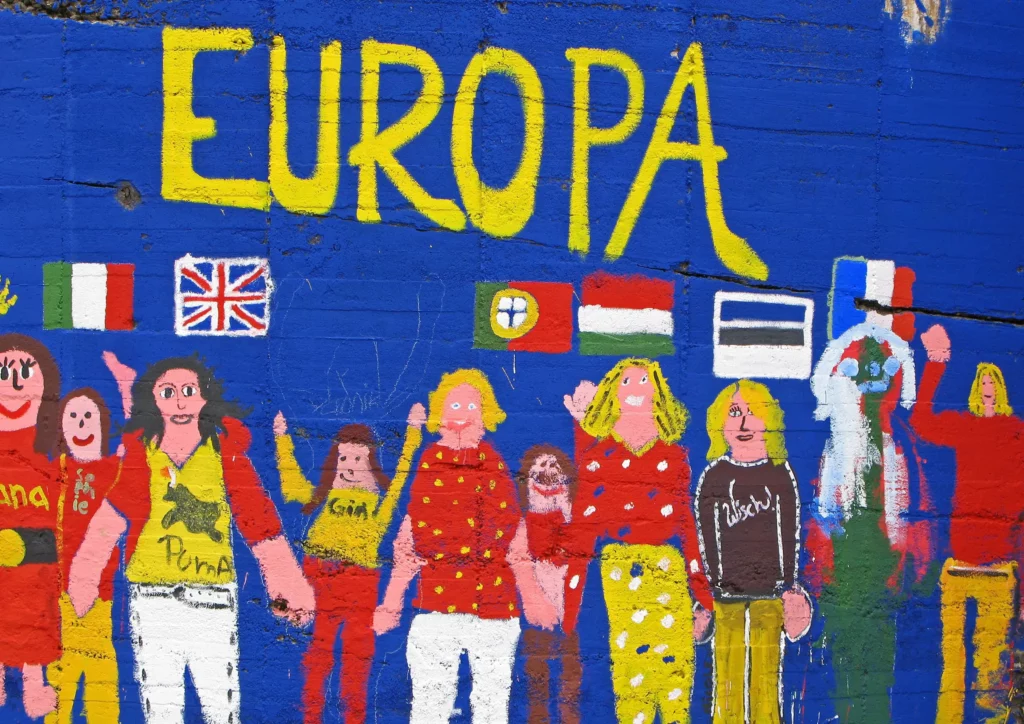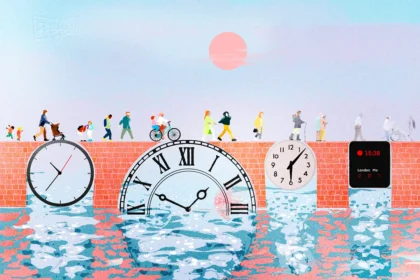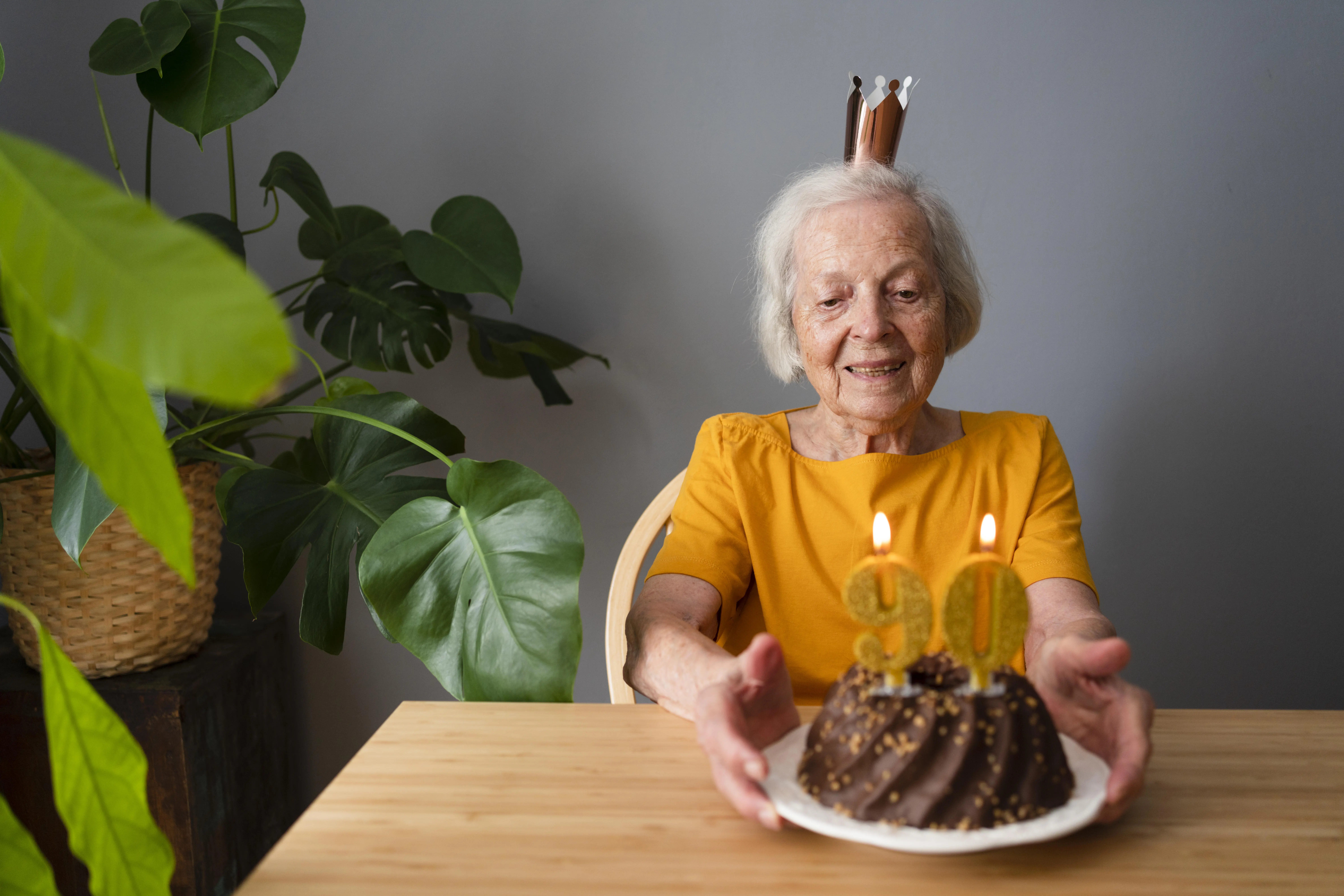Troubled Kids

Auf wen die EU manchmal wirkt wie eine anstrengende Familie, der ist mit diesem Gefühl nicht allein. Ein etwas anderer Gastbeitrag.
I don’t understand my children anymore.
It’s Saturday, five a clock in the afternoon and I’m dishing up the table for dinner. My father sits in his old wooden chair in the living room, his gaze directed at the crossword puzzle lying on his lap; it’s hard to say if he’s awake or if he has fallen asleep in his attempt to solve it. The kids should be back soon from the cinema. A storm is looming.
Abruptly, the front door is opened and my daughter Greece storms in, her face overshadowed by frustration. “Mom, they’re so unfair!” It’s happening again. “What do you mean, honey?” The others follow. “Mom, she’s ridiculous.” Austria, Germany and Slovakia come rushing after her.
“We had to pay for her ticket – again! And you know why? Because she spent all her pocket money on expensive pens and fancy paper!”
Greece snaps, “I already promised I’ll give it back to you.”
“Well yeah, then you should start working after school like we do instead of lying around doing nothing.” Austria contests her while Germany nods in agreement.
“I do work!”
“Doodling is not working!”
“I draw, you idiot, and it’s important to me.”
“Okay, listen,” I finally sigh, “We’ll lend you the money but you should really make sure to save it this time.” Slovakia gasps in protest. “No, mom, that’s unfair! Why do you have money for her if you don’t want to pay for my extra piano lessons?”
All of the sudden, the backdoor opens and Britain enters the kitchen, dragging a huge suitcase behind him. He stops, reaches into the pocket of his dark blue jeans and pulls out a set of keys. “Here, I don’t need those anymore.” I stare at him in disbelief. As the oldest, I already granted him his own little apartment in the garden shed, but living outside of the house apparently distanced him even more. He’s always been very independent.
“They’re childish,” he continues, throwing an annoyed glance at his siblings, “childish and needy. I can’t concentrate on my own stuff if they always come in and want me to help with their homework or whatever- I really need my space!”
“Great,” I remark, “and how will you afford that?”
It’s always the little sparks that cause the dry straw to burn.
“Yes,” grumbles Germany, “just pack your stuff and leave if we annoy you so much!”
“Then I get the room in the shed!” Slovakia exclaims.
“Forget it,” replies Austria, “I’m the second oldest so it’s definitely my turn”
“Well okay, then I’m moving out as well.”
“Why don’t we all leave, I’m sick of this stressed house anyway!” Greece shouts out.
The squeaking noise of a wooden chair merges with the din of their voices. “Stop this nonsense! Right now!” My father stands in the doorframe and looks at his fighting grandchildren’s faces seriously, one after the other. “Do you think it’s normal to happily sit at the same table for dinner and watch your little football games on the weekends? Believe me, it’s not. When I was a child we didn’t have anything like that, no peacefulness, just a war outside that was killing our parents and siblings. You are so privileged today and it makes me sorrowful you don’t even notice it.”
The kids turn silent. They understand that their grandfather is right. But it’s not as easy as he makes it seem.
There might come a time when they actually realize how important it is to have a bound of support, of brothers and sisters helping each other to grow and to learn from their differences.
A family union.
But, unfortunately, taking those things for granted lasts just until you finally lose them.
At dinner they started fighting again.


